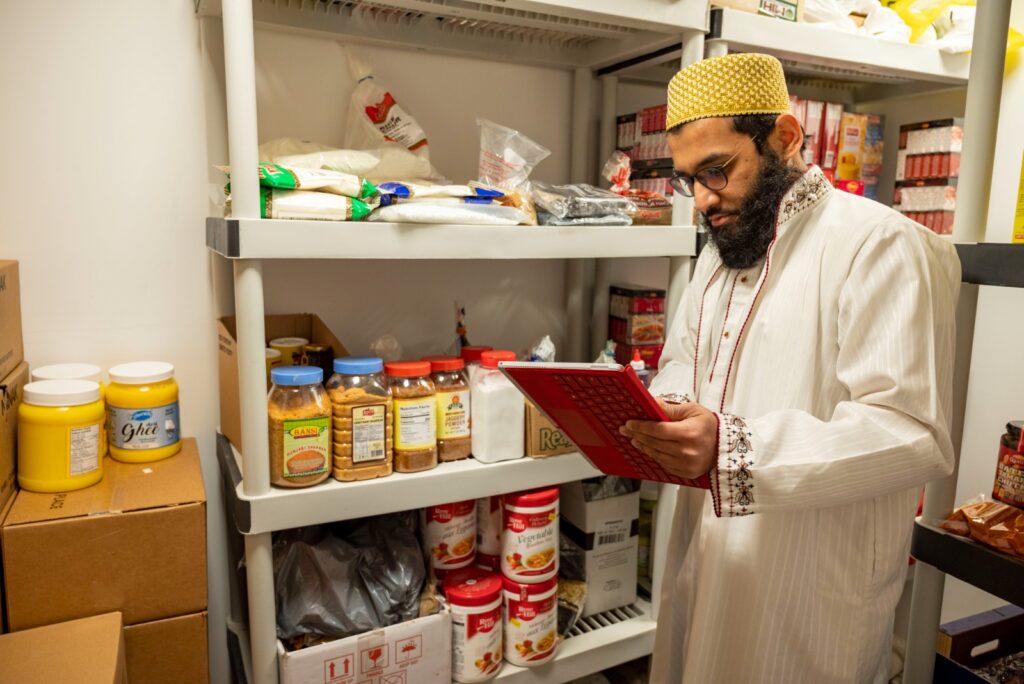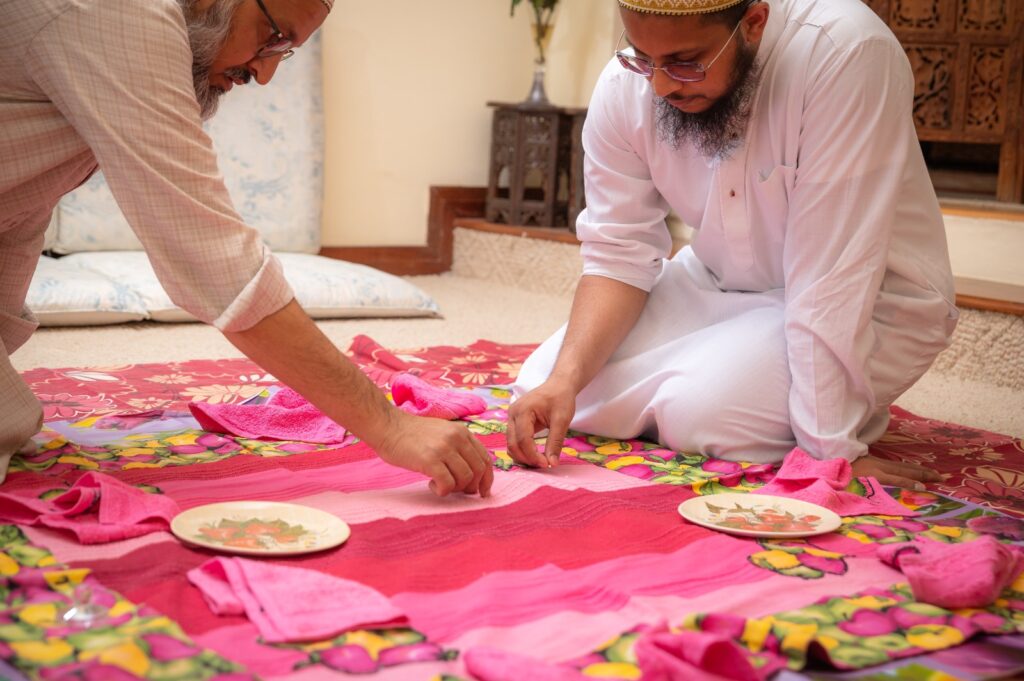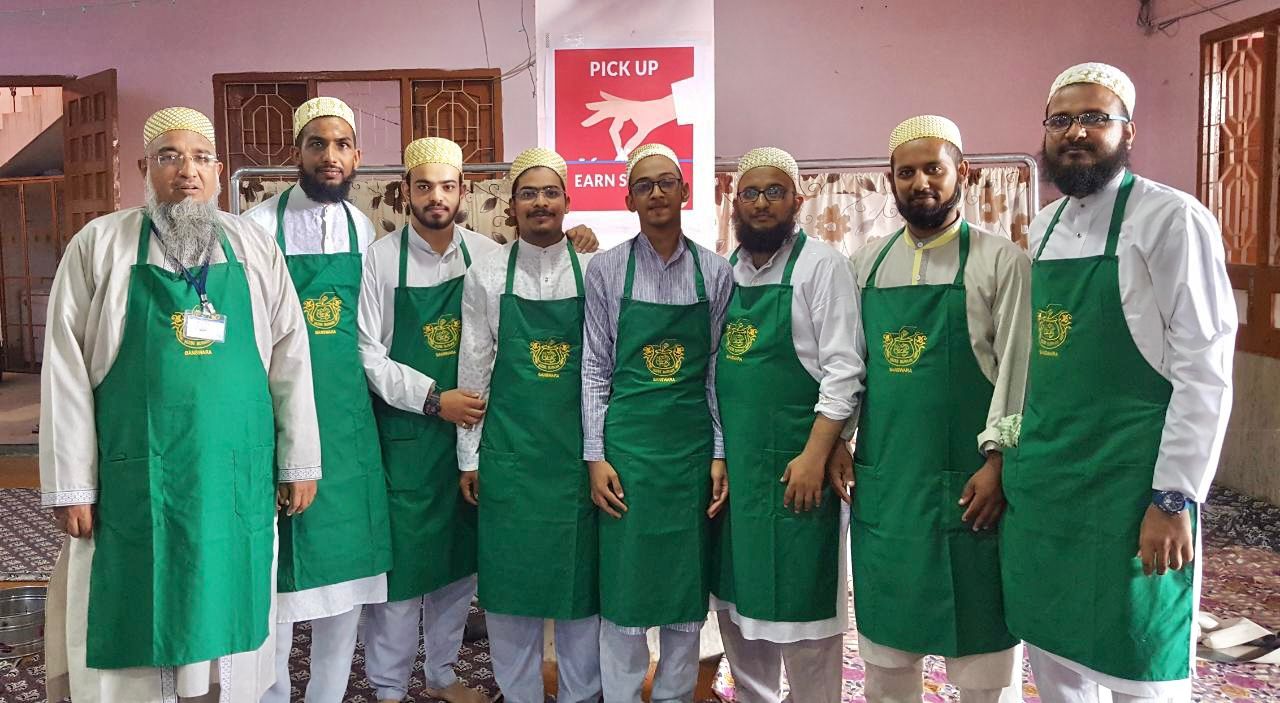[ad_1]
In 2012, Hussain Hebatulla launched the Dana Community initiative in Pune after witnessing 15 kilograms of fresh biryani about to be thrown away. This moment of concern ignited a global movement within the Dawoodi Bohra community aimed at achieving zero food wastage.

Hebatulla, then just 23, and his friends began by redistributing surplus food. Supported by senior members of the community, their efforts quickly gained traction, evolving from a small group to a network of over 9,000 volunteers across 521 Dana Committees in 24 countries by 2024. There are 10 committees in Pune city and over 200 volunteers in Pune and Pimpri Chinchwad. In Pune Camp there are 7 to 8 spots where the food is distributed and these spots are catered on rotation.
Hebatullah also stated that now the Committees have started asking for RSVP in the events from the organisers so that there won’t be any wastage of food and time. Food is prepared in the required quantity only.
The Dana Committee complements community kitchens by implementing a system that minimizes food preparation based on expected attendance, ensuring that any surplus is properly packaged and distributed to those in need. “The principle of not wasting food is deeply ingrained in our culture,” Hebatulla noted, emphasizing the community’s commitment to sustainability and compassion.

As food loss and waste present significant global challenges, the United Nations reports that about 13.2% of food produced is lost before it reaches consumers, while an additional 19% is wasted in households and food services. This waste not only squanders resources but also contributes to climate change and food insecurity.
The Dawoodi Bohra initiative has grown through awareness campaigns, including posters in community dining halls and engaging activities like quizzes with incentives. These creative methods help spread the message of food conservation at both communal and individual levels.
Hebatulla explained how the initiative gained international recognition. Following a presentation to the late Syedna Mohammed Burhanuddin, the movement’s vision expanded, leading to global outreach via videos and online sessions that encouraged other cities to establish their own Dana Committees.
The program operates in three phases: estimating food needs before events, promoting mindful consumption during meals, and ensuring leftover food is distributed after dining. With its blend of cultural values and innovative strategies, the Dawoodi Bohra community’s initiative exemplifies a commitment to sustainability that resonates worldwide.
[ad_2]


